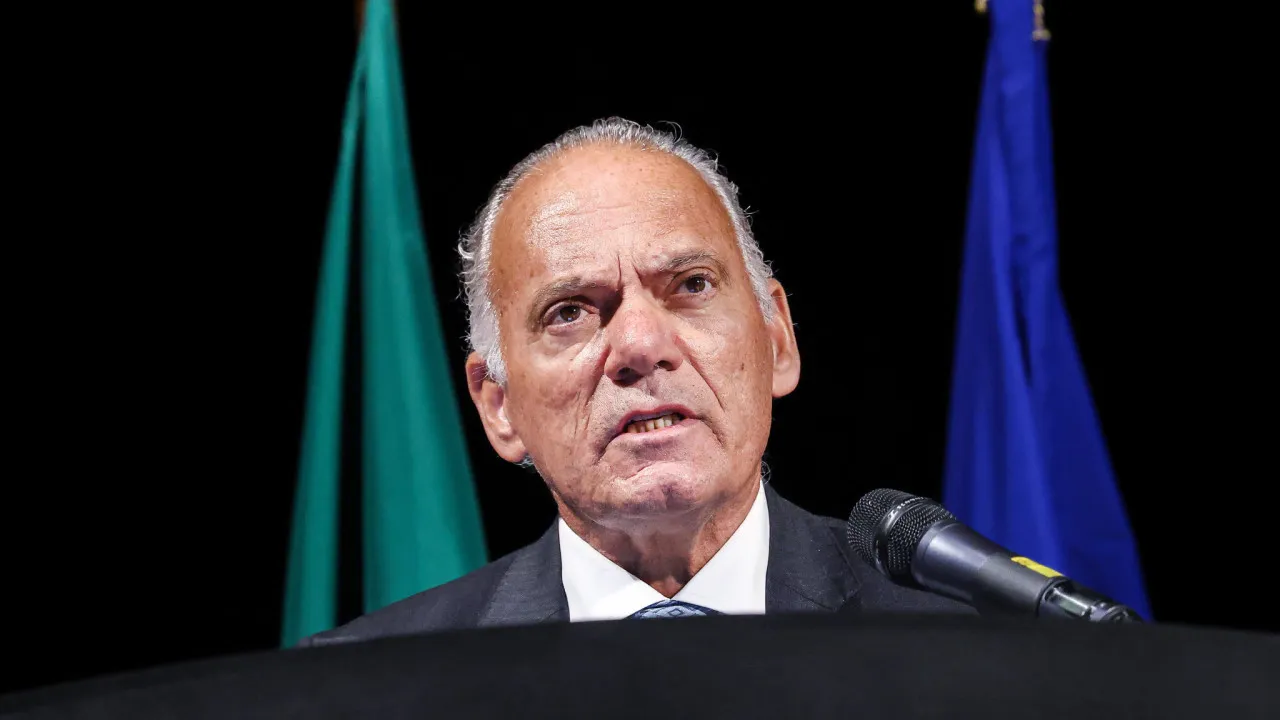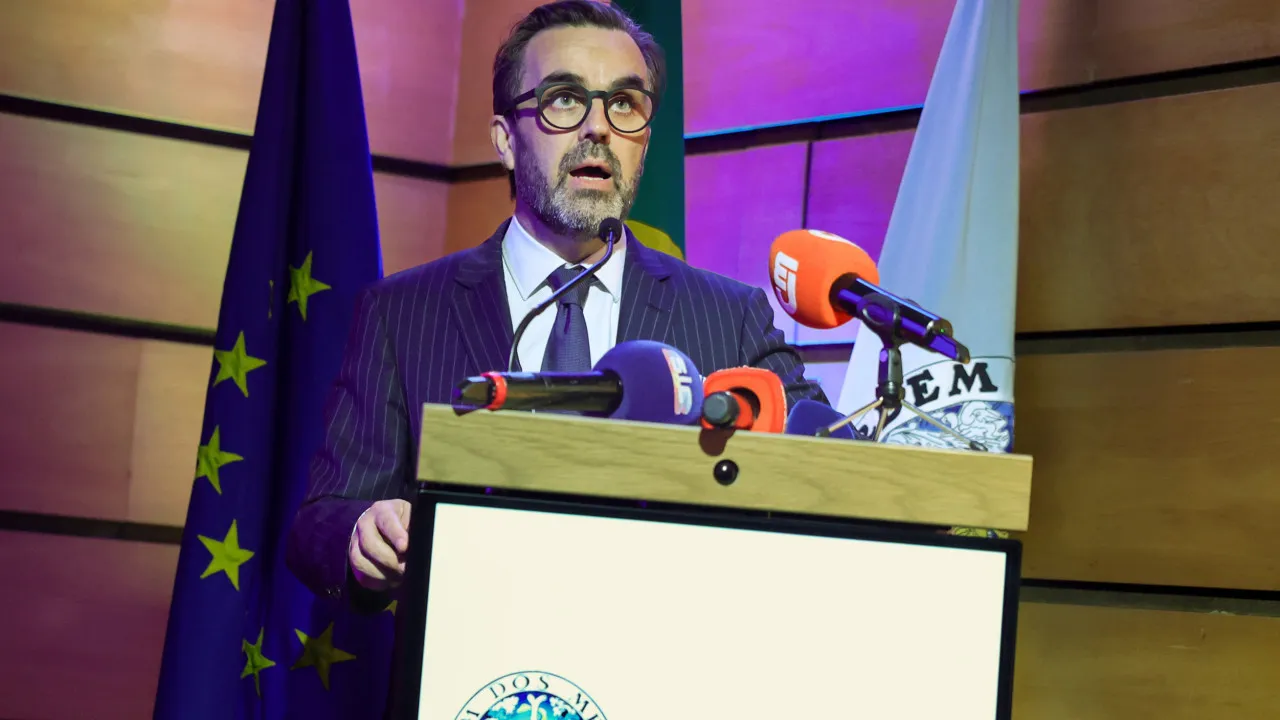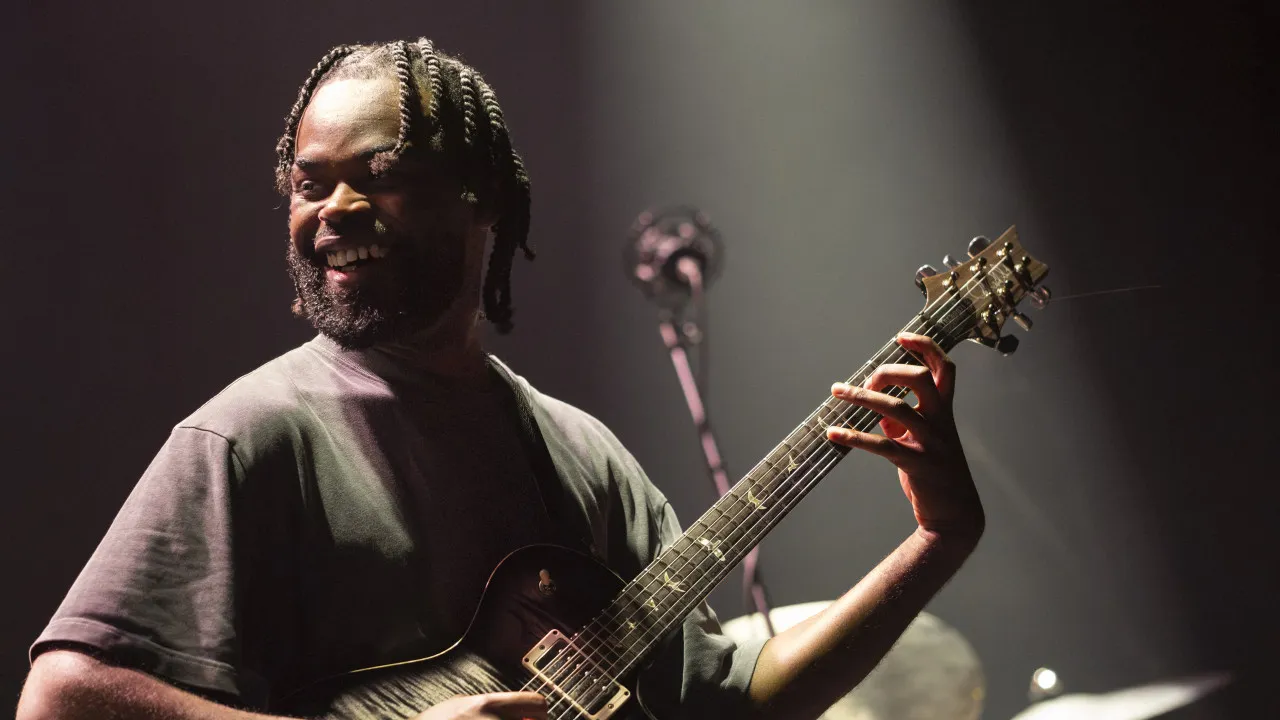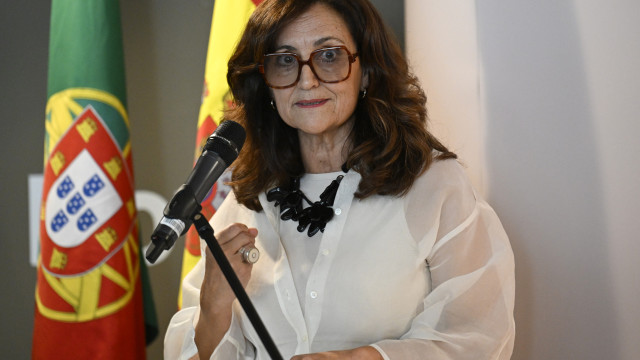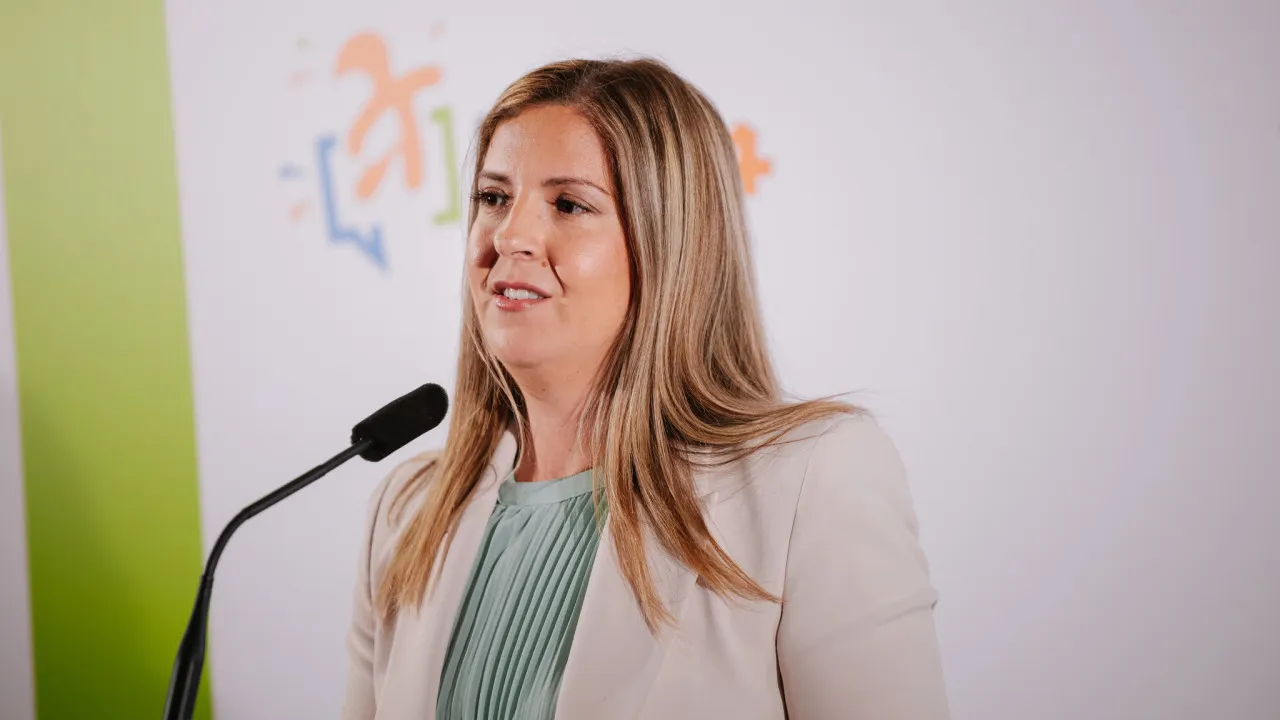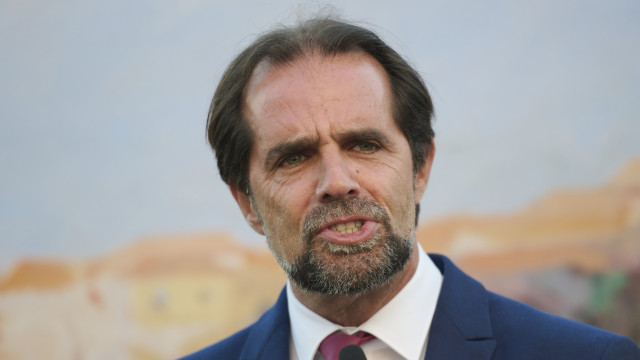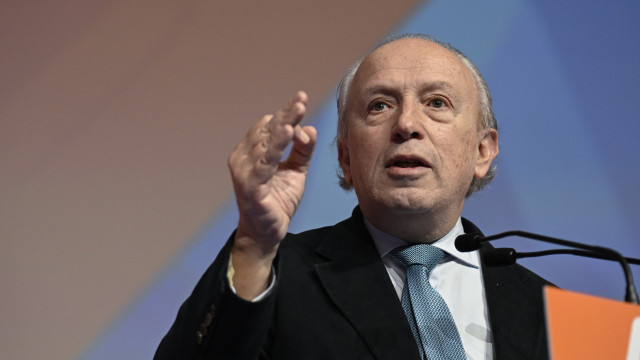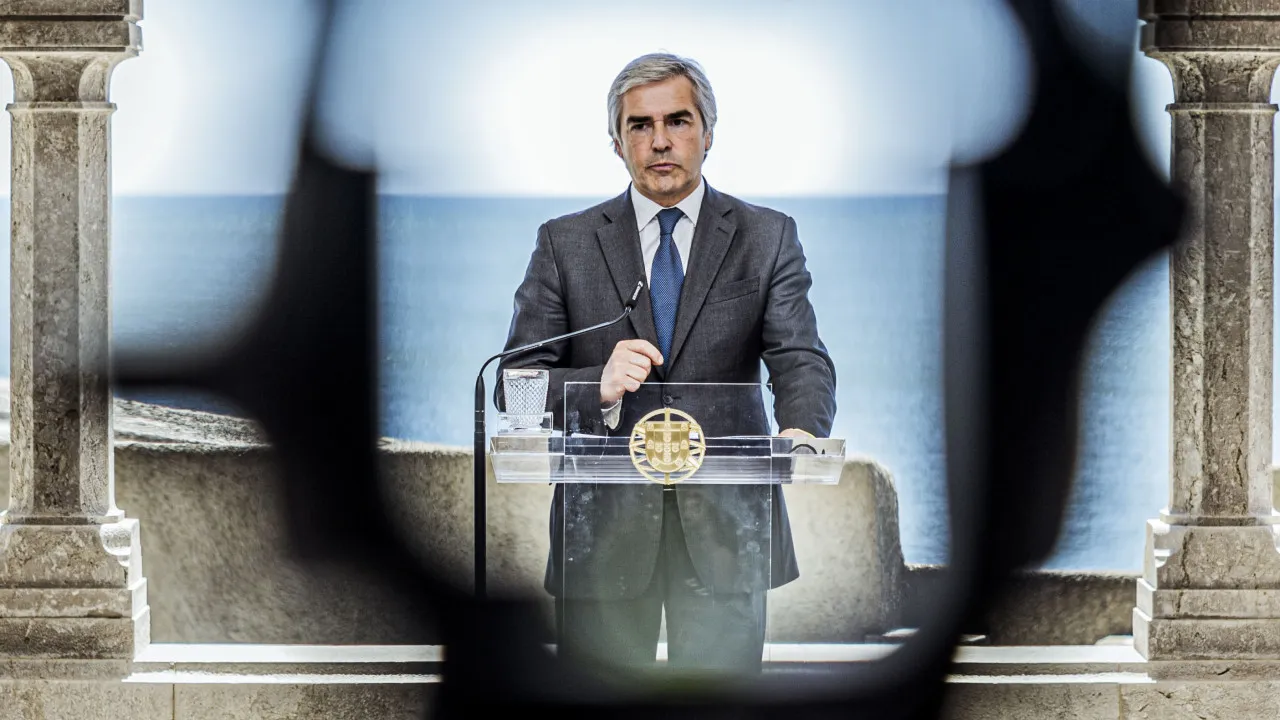Musician Paulo de Carvalho says he is “attentive to the moment we are living in” and “to the world around us”, which is reflected in his new album, “2020”, in which he also talks about his family.
“It’s impossible to live outside our surroundings. The problems are getting bigger and bigger, and that’s something that worries me, it’s not so much the young – that question, what do we leave for them – it’s right now, where we are! I was once the youngest too, and I had to get on with life, as they say, but I have a lot of faith in the human race, we take steps backwards, but we also take many steps forwards,” said the 77-year-old musician in an interview with Lusa news agency.
“Right now we’re in a bad time, a problematic time, so that’s what I talk about, what I see, in general, just as I talk about my daughters, who I live with, my partner, who is the main person in my life and who I love, but I also talk about what I see on the street, about poverty and the problems that surround us.”
“2020” is made up of 12 songs, all signed by Paulo de Carvalho, either in the lyrics, music or musical arrangements, with the participation, among others, of Ivan Lins, Selma Uamusse, Yola Semedo or Carlos Mendes, “a boy” of his time, as he said.
Regarding the choice of the album’s title, “2020”, the musician explained: “2020 was that year when we were all at home, trying to figure out what was going on around us, and I took advantage of it, together with my great friend [producer] Fernando Abrantes. When we talk about how long we’ve known each other, we don’t even talk about years. We’ve known each other for 22 CDs. We took advantage of this and through our cell phones, we were able to start working. When I was able to leave the house, I went to his studio, sang, ‘put my voice in the songs’, as they say. All the friends who took part, all younger than me, with a work habit at this level superior to mine – and what I mean by that, there’s not one who doesn’t have a little studio at home – recorded and sent it to Fernando.”
This was “a strange method”, said Paulo de Carvalho, but one from which he learned a lot.
One of the songs on the album, which he wrote, is entitled “Os Rapazes do Meu Tempo”, which he performs with Carlos Mendes, with whom he formed the group Os Sheiks in 1963.
“The only guys from my time who take part in this record are Carlos Mendes and Ivan Lins,” the musician told Lusa.
The album opens with “Terra Mãe”, another of his songs, which he performs with Ivan Lins, Selma Uamusse and Yola Semedo. It’s a song with ecological concerns, in which he talks about the world.
“When I talk about the world, it’s in the sense of asking people to pay attention to what they’re doing in relation to the world they live in. All of us. And I don’t shy away from that, because I don’t operate on the basis of ‘it’s someone else’s fault’, even when I get distracted and throw a piece of paper on the floor and don’t put it in a bin. The blame is collective.
Paulo de Carvalho argued that “singing has never ceased to be a weapon”.
“It’s a possible weapon, depending on what we want it to be, but it can also be, and often has been, a weapon for making people, society, miserable. Now, there are some who never lose sight of talking about the problems that surround us, and that’s what I’m talking about. That’s not to say that I don’t write – and I love to – a love song,” he said, noting that “a love song doesn’t necessarily have to be a little thing that doesn’t say anything to anyone”.
The album’s line-up includes “O Cacilheiro” (José Carlos Ary dos Santos/Paulo de Carvalho), which Carlos do Carmo popularized, with Paulo de Carvalho adding a text by his son Agir to his first recording, which appears in the middle of the composition.
“I recorded it in my own way, with praise for rap music, with a text that my son Bernardo, known as Agir, wrote, which is an update of the very message that Ary wrote,” he said.
This is the only unreleased song in the line-up, which also includes “Quem Sou Eu?” (Paulo de Carvalho), “Do Amor” (Paulo de Carvalho), “Maria” (Paulo de Carvalho/Midas), “Flor” (Paulo de Carvalho/Tó Cruz) or “O Cantador (Paulo de Carvalho/Duarte Coxo).
The song “E Depois do Adeus” (José Niza/José Calvário) performed by Paulo de Carvalho, with which he won the Xi Festival RTP da Canção in 1974, served as the password for the military movement that led to the fall of the dictatorship and the Carnation Revolution.
Paulo de Carvalho told Lusa that he had nothing to do with the revolution, nor did he take part in any preparatory meeting, it was “a fluke” that satisfies him, despite never having been arrested or persecuted before April 25, 1974.
“With April 25, it’s natural that many of us – and I include many of us – wanted to learn in a democracy and in a different way,” he said, adding that he views “the current situation with some concern”.
“But it’s not just here in Portugal, it’s also around the world,” he said.
The musician believes that it is “very important” to commemorate the fiftieth anniversary of the April Revolution, but left a warning: “Let it serve to make people think about where we are, what they have done so far and, above all, what they are going to do or have to continue to do, so that certain principles that were achieved with the change of April are not lost.”

